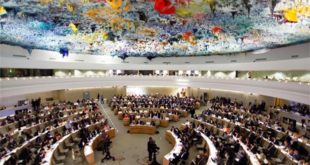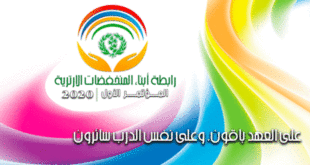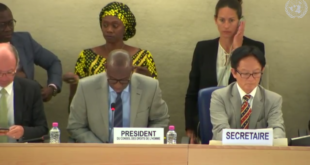Europe Online
London (dpa) – Two former Danish government researchers and a British scholar have disowned a report that influences Britain‘s rejection many recent applications for asylum by Eritreans, reports said on Thursday.
Jens Weise Olesen and Jan Olsen told Amnesty International in Denmark that they resigned from the Danish immigration service after complaining that their research into Eritrea‘s human rights situation had been curtailed and misinterpreted by senior officials.
The only expert named in their report, Gaim Kibreab, director of refugee studies at London South Bank University, said his comments were “distorted” and “quoted out of context.”
“One example: they quoted me saying that I knew people who had returned back to Eritrea without problem,” Kibreab told the Guardian.
“What I told them was, I know of a few who returned who are connected to the government, who are naturalised and have English passports and Danish passports,” he said.
“They didn‘t mention that I was talking about a few who were connected,” Kibreab said. “They left out so many things.”
New British government guidance for immigration officers considering asylum applications by Eritreans refers to the Danish report dozens of times.
The Home Office guidance led to a fall in the approval rate of Eritrean asylum application from 73 per cent in the first quarter of this year to 34 per cent in the second quarter, the Guardian said.
The guidance claimed that many of the Eritreans who fled the impoverished east African nation might not face persecution if they returned.
But Kibreab said nothing had changed in Eritrea.
“The Home Office is rejecting most Eritrean asylum applications even though nothing has changed on the ground,” he told the newspaper.
“The Home Office has disgraced itself doing that.”
About 1,500 Eritreans applied for asylum in Britain in 2013, a number that more than doubled to 3,300 last year. Officials granted refugee status to 86 per cent of the 2,500 Eritreans whose cases were decided last year, the UK Refugee Council said.
Critics of Eritrea‘s totalitarian government have dubbed the impoverished nation “Africa‘s North Korea.”
The government allows no political opposition parties, independent media, civil society organizations or unregistered faith groups, according to Amnesty International.
“Military conscription was compulsory, and frequently extended indefinitely,” Amnesty said in an annual report, calling Eritrea‘s national service “a system that amounted to forced labour.”
–
–
Source: Europe Online
 ELL Eritrean Lowland League
ELL Eritrean Lowland League




